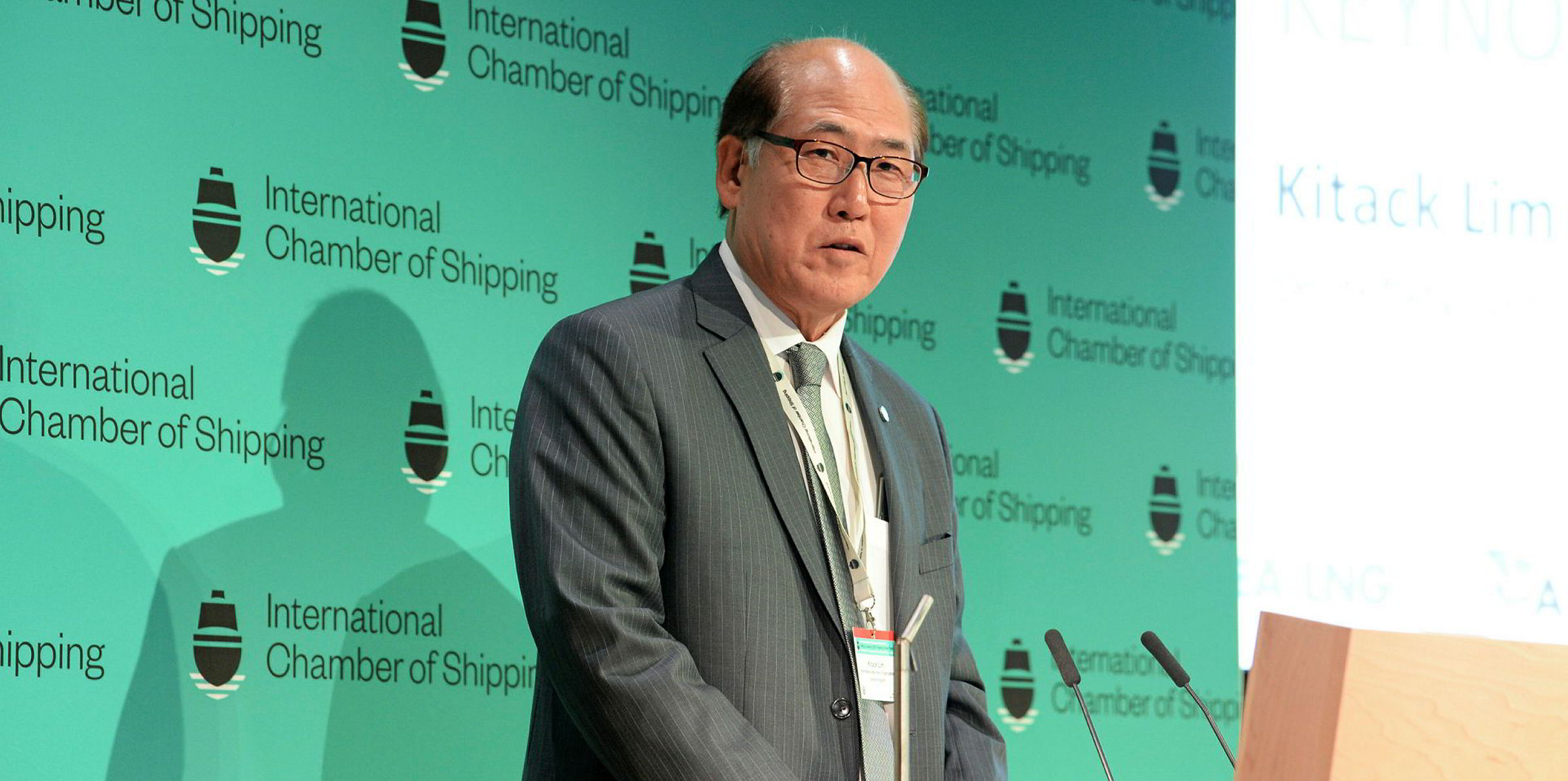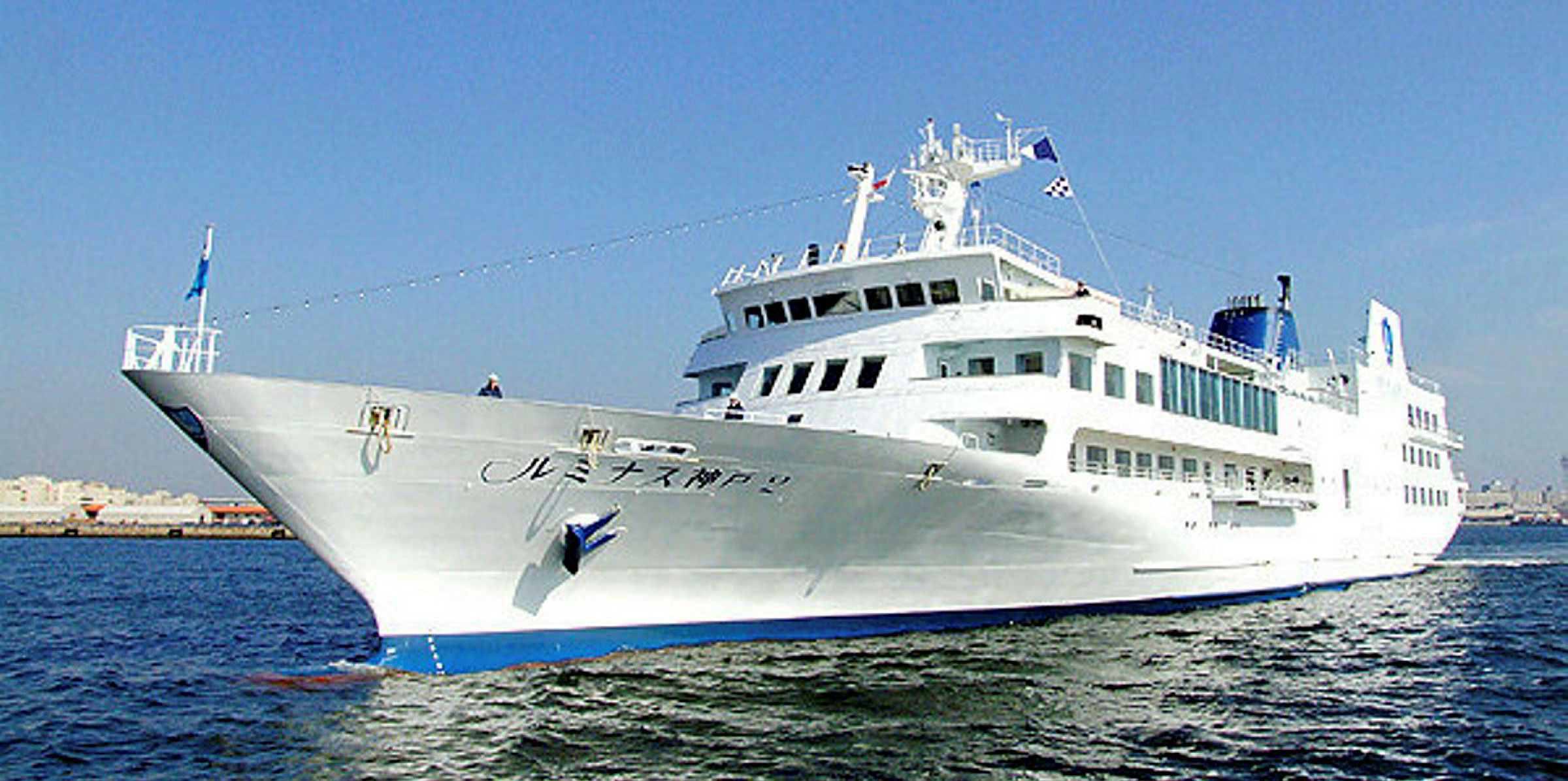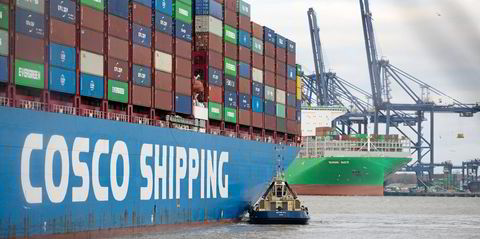Danish marine fuel giant Bunker Holding is growing even larger after KPI Bridge Oil, one of its main group firms, acquired OceanConnect Marine from Glencore.
Many industry participants have long considered the bunker industry ripe for consolidation, and the IMO 2020 regulations now require fuel suppliers to have both technical expertise and strong credit profiles.
Sharing a similar view, KPI Bridge chief executive Soren Holl told TradeWinds: “Going forward, there will be further consolidations ... KPI also has appetite for more.”
The IMO low-sulphur cap has resulted in changing market dynamics and higher fuel prices, so “there is a need for strong funding and you need to have a certain critical mass and size to be able to trade”, Holl said.
“That can be challenging for some smaller industry players,” he added.
Mergers and acquisitions in the bunker industry have been few and far between. Consolidation has often taken the form of mid and small-size players going out of business or scaling down, giving up market share to large suppliers.
KPI Bridge does not publish its financial details. However, Bunker Holding saw group revenues rise to $10.6bn in the financial year ending 30 April 2019, up from $5.65bn three years ago.
Ship & Bunker estimates suggest the OceanConnect deal will boost Bunker Holding’s annual bunker sales to 32m tonnes, reinforcing the Middelfart-based group’s lead in the market, which is followed by World Fuel Services with annual sales of 20m tonnes.
Both KPI Bridge and Glencore declined to put a price tag on the acquisition, which is subject to approval from European competition authorities.
But Ship & Bunker reported estimates of somewhere between $7m and $10m. By contrast, Chemoil paid $25m for OceanConnect in 2011, before being taken private by Glencore in 2014.
Focus on employees
Holl stressed the acquisition is about doing more business, with the merged entity's highly skilled staffers operating in more regions, suggesting few staff will be lost.
KPI OceanConnect, where Holl is expected to hold the same position, is to have a 170-strong team operating in 15 locations globally, fully absorbing OceanConnect’s headcount of about 60 employees.
“[The acquisition] will give us additional offices in Hamburg, Dubai, Hong Kong and Japan,” Holl said. “Our people remain our strongest assets.”
According to Holl, bunker suppliers will need to strengthen their knowledge of oil blending to meet the emerging procurement requirements from the new IMO rules.
“Our new colleagues in OceanConnect have a vast knowledge from many, many years,” Holl said. “We believe we have positioned [ourselves] very well.
“The merging of the company with them is to bring the wealth of knowledge to give us ... new ideas and ways of thinking.”
While the IMO 2020 transition reportedly led to volatile fuel prices, occasional shortages and off-spec products, Holl said market conditions are gradually stabilising after four months of turmoil.
“It's slowly adapting to the new world ... to normalise,” Holl said.








